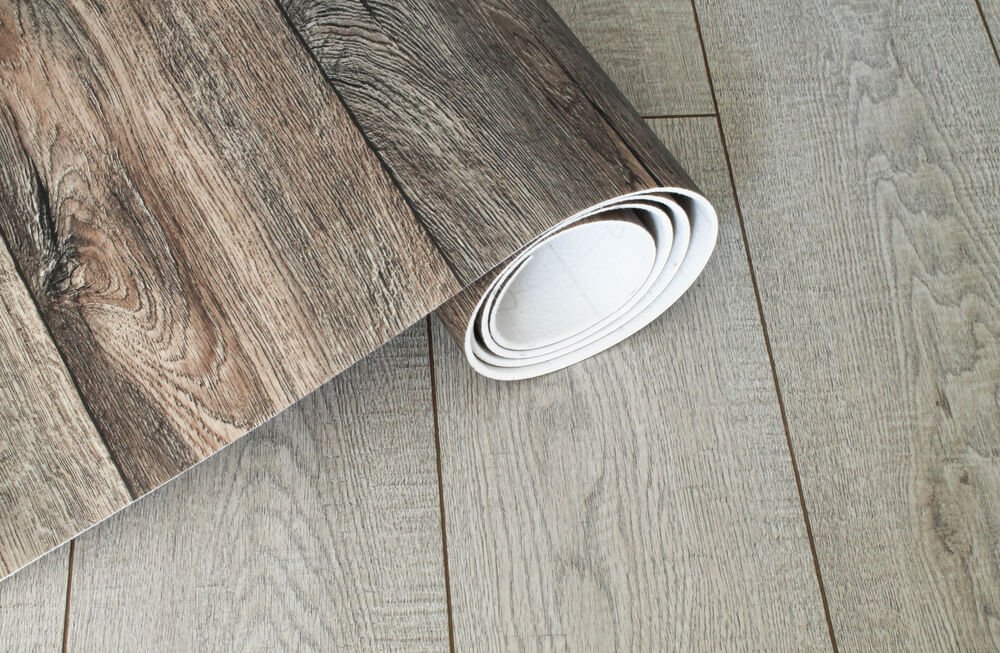Resilient flooring might not be a familiar term to you, but you've no doubt encountered such floors before. Read on and learn what makes floors resilient and why they might be the perfect fit for your Nashville home.
Defining Resilient
It’s true that not every flooring option is as resilient as the next. Some floors are more prone to damage, or they just might not be cut out for high-traffic areas or other specific use cases. So in the flooring industry, what is resilient flooring? Fortunately, the answer is pretty straightforward: resilient flooring is any flooring that can withstand a variety of potential damage. Whether it’s spills, scratches, scuffs, or impacts, resilient flooring can hold up without showing signs of damage and wear. Resilient floors are also floors that are easy to clean and provide more flexibility than traditional options like hardwoods and concrete flooring. But what is considered resilient flooring?
The Types of Resilient Flooring
There are many resilient flooring types, so let’s dive right into them. One common type of resilient flooring is luxury vinyl tiles. Also known as LVT, luxury vinyl tiles are planks or tiles of vinyl flooring that can come in many different colors and patterns. Don’t let the name fool you, though. Luxury vinyl tiles might be resilient and luxurious, but they’re some of the more budget-friendly flooring options. When you consider their relatively low cost versus their durability and lifespan, these floors are a great residential flooring choice.
Perhaps the most common type of resilient flooring, but also the most misunderstood, is linoleum. Linoleum floors became big in the ‘80s and ‘90s and have become something of a joke among interior designers. Old linoleum floors can be ugly, but that doesn’t mean their modern counterparts are anything like these relics of yesteryear. Linoleum floors, like LVT, can be made to look like other, less durable floors like hardwoods, and they are going to be much cheaper. Linoleum is an overlooked flooring, but don’t let your misconceptions keep you from considering this affordable and long-lasting flooring choice.
Cork is another type of resilient flooring, but it might not sound like it fits among its peers. Cork is a soft wood that is naturally renewable. Here’s something cool about cork: cork trees don’t need to be chopped down to gather their wood. Instead, cork is harvested from the tree while the tree is standing, and it can regrow cork several times in its life. This makes cork a rare renewable wood resource. It’s also resilient to scratches and other damage, and it provides better give than hardwoods, making it a perfect comfort option for high-traffic areas in the home.
When you want to install a resilient floor in your home, you need to find a company that you can trust. Ozburn-Hessey has been installing flooring for decades, and our experience with resilient flooring is extensive. If you’re in the Nashville area, give the pros at Ozburn-Hessey a call for a free consultation and estimate.

